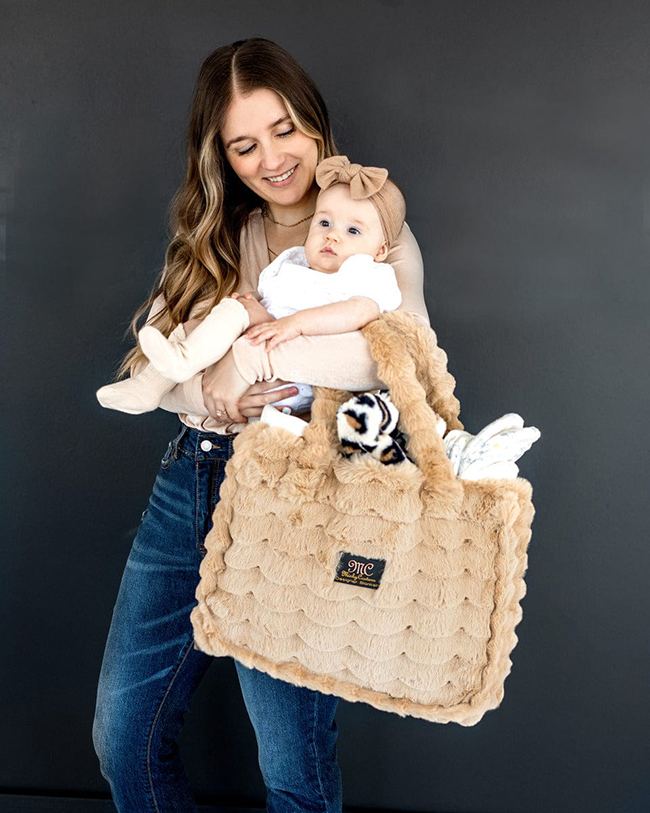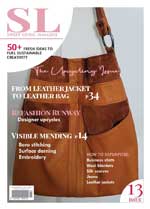
Most new parents are “totally unprepared” for their new babies, reports The Washington Post, with many developed “unrealistic expectations” about life with a little one in the house. Just a few factors that take parents by surprise include not being prepared for how much time a baby takes up during the day, plus the many household tasks that pile up at vertiginous speed—including the laundry and (when a child starts weaning) cooking. If you are soon to be a parent, the key to preparedness, of course, is picking up the vital skills that will enable you to get all your tasks done while still having a little time to yourself every day.
Time Management
You may have been told that time management goes out the window when a new baby becomes “boss,” but, in fact, it is more crucial than ever, precisely because your free time is no longer all your own. For effective time management during pregnancy, make a list of all tasks that need to be done on a weekly basis. Prioritise tasks, eliminate those that are less necessary, and aim to delegate as many tasks as you can to family members or friends. Set times for major tasks such as the laundry, cooking, and ironing. If you have a partner, ensure that both of you are present when these tasks are to be carried out, so that they get done if one of you is busy with the baby at the time.

Making a Checklist
You should have at least two checklists in the weeks leading up to giving birth. One is a list of essential items for a hospital birth (if you will not be having a home birth) and the other is a list of items for the home. Pack your hospital bag between weeks 36 and 37, bringing your birthing plan, important documents (including your insurance details, obstetrician contact information, and similar), devices for entertainment, labor comforts (think essential oils, a special pillow, or affirmation), toiletries, and snacks and water. Your home should be well stocked with bibs, burp cloths, a breast pump, milk storage containers, a nursing pillow, nursing pads, and nipple lotion. If you will be formula feeding, then make sure you have a bottle and nipple brush, formula, a bottle warmer, and a bottle carrier (which will stop milk from spilling when you are in transit).

Meal Planning
Many new parents find that one of the hardest things to achieve when a new baby arrives home is eating healthily and enjoying regular meals. Set a schedule for your cooking days, ensuring someone else is available to help during these days. For instance, you might choose to prepare three meals on a Sunday and eat leftovers on alternate days. This will leave you with only one day in which you need to prepare an ad hoc recipe. Spending less time in the kitchen is easy if you make your menu beforehand, ensure you have enough for double recipes of all your chosen dishes, and invest in good storage receptacles. Food should stay fresh throughout the week, and so you can freeze some dishes for subsequent heating in the microwave.
Parenthood may be a somewhat unpredictable challenge, but there is plenty you can do to feel more in control of the situation. Time management is arguably the pillar of getting all crucial tasks done. Preparing healthy meals, meanwhile, will ensure you are feeding your body and mind in this wonderful but challenging time.
Finally, make sure your baby’s material needs are purchased long before you make your way to the hospital or start getting ready for your home birth.
 My Favourites
My Favourites









Speak Your Mind